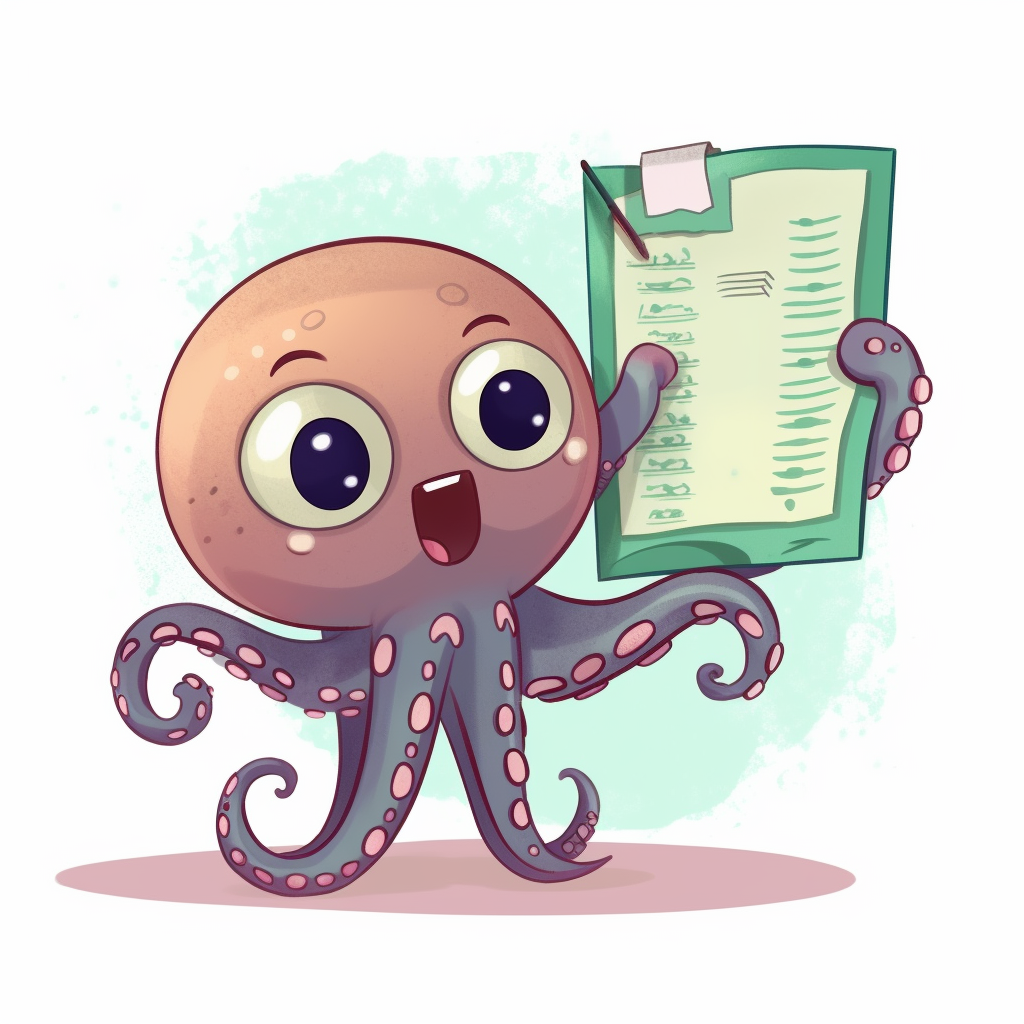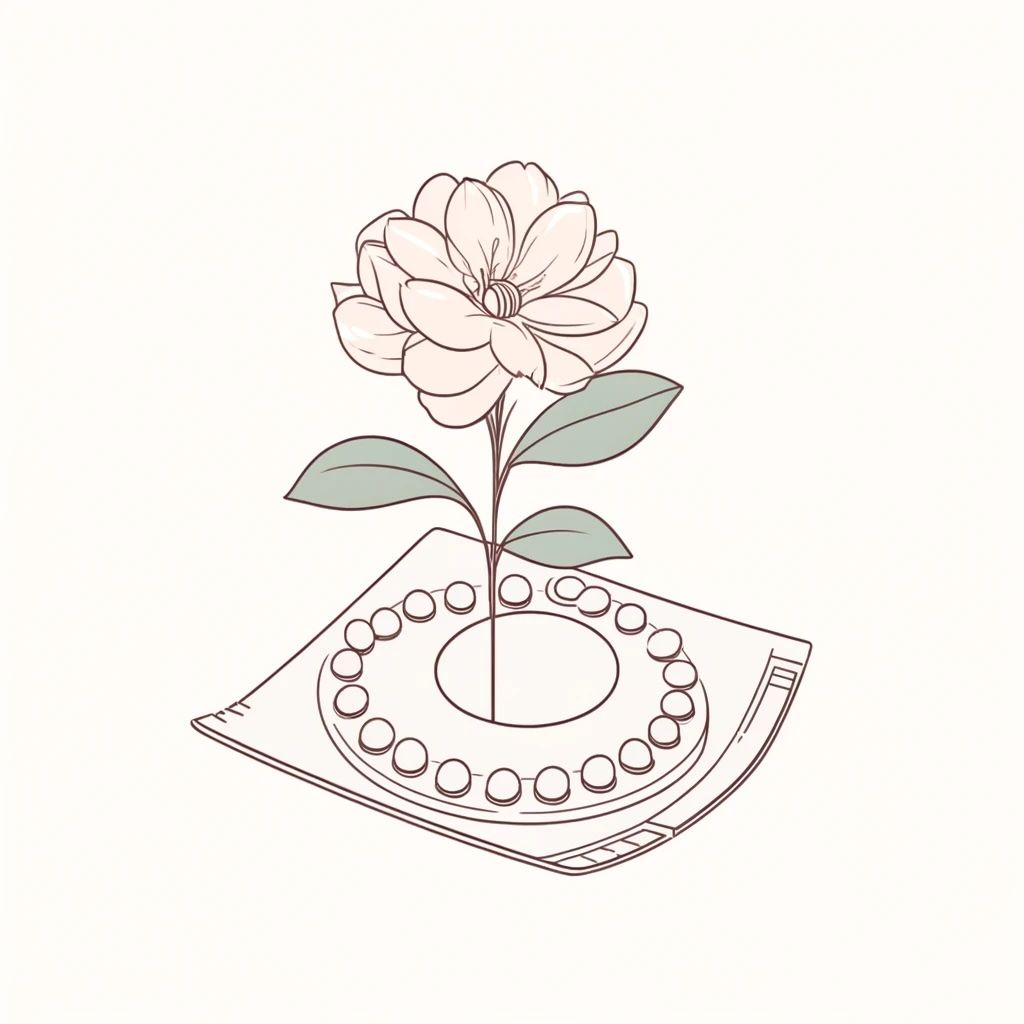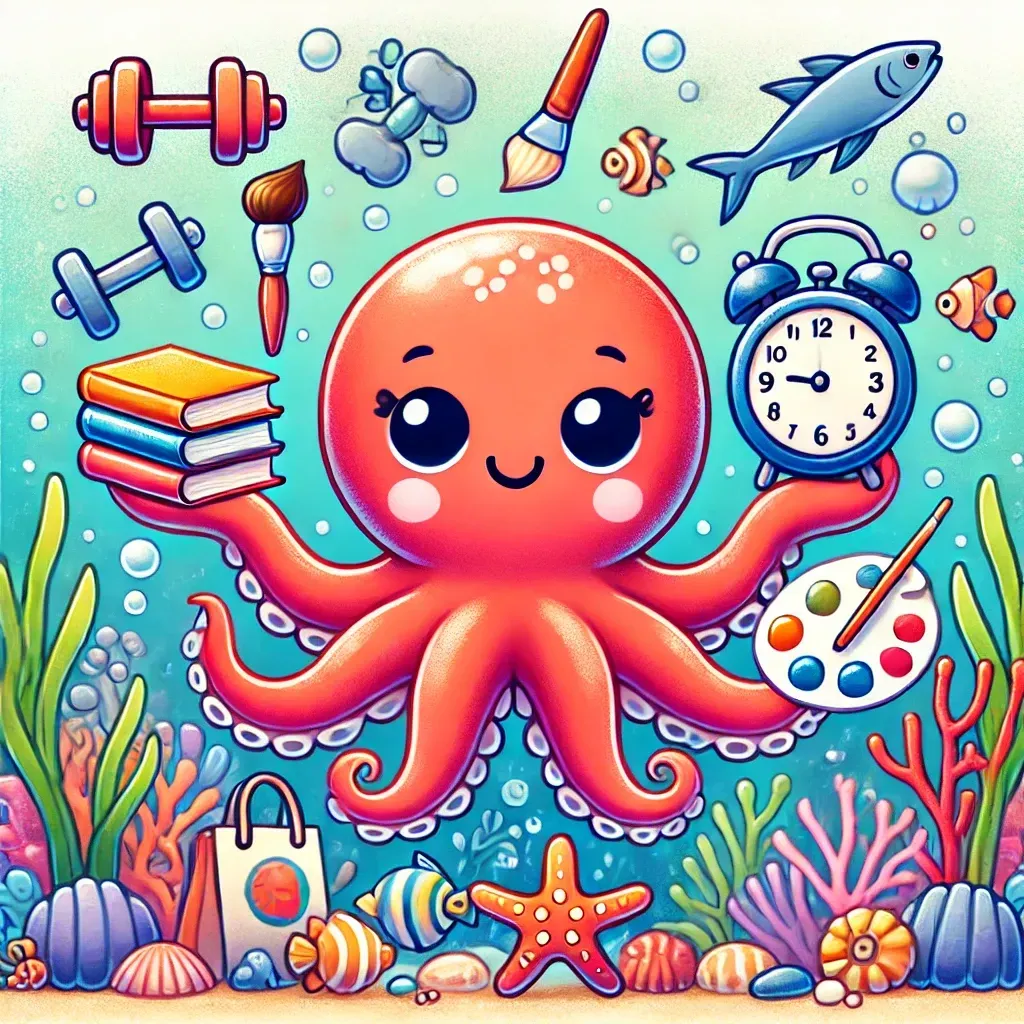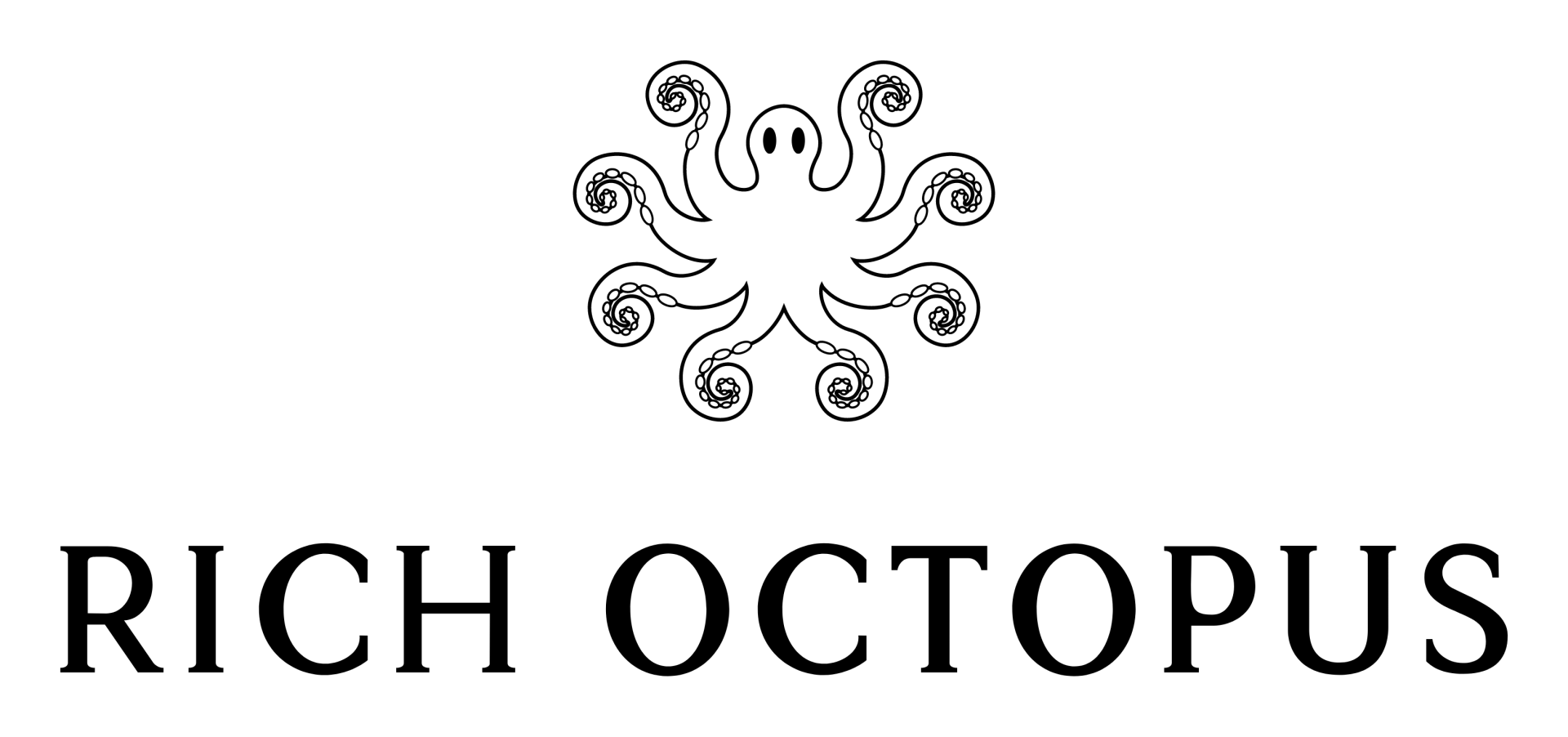By the Age of 4, My Family Teased me for Being "Dumb, Fat and Ugly".

Takeaways
- I grew up as a first-generation, low-income immigrant with undiagnosed learning disabilities. I was programmed to believe that getting straight A's and conforming to certain gender roles was the only way to be a good Asian daughter.
- The pressure to excel on paper led to extremely low self-esteem and depression.
- Breaking out of the spell of "a good Asian daughter" took a lot of reflection and self-actualization, including identifying, accepting, and re-programming ancestral pain and lies.
Action Items That May Help You if You are Struggling with Breaking the Cycle of a First-Generation, "Good Asian Daughter"
- Prioritizing your own mental health and well-being is essential, and it's important to set boundaries and surround yourself with people, knowledge, and experiences that empower you to forge a path toward self-actualization.
- It's worth the journey to free ourselves while honoring our families and culture by keeping the family traditions that serve us while building new ones that will break painful family cycles.
- Recognize and challenge cultural and societal expectations that may be negatively impacting your mental health and self-esteem.
- Seek support from a therapist or mental health professional to help identify and re-program any generational pain and lies that may be affecting your self-worth.
- Set boundaries with family members and prioritize your own mental health and well-being.
- Surround yourself with people, knowledge, and experiences that empower you to forge your own path.
By the age of 4, my family teased me for being "dumb, fat and ugly". Growing up as a first-generation low-income immigrant with undiagnosed learning disabilities, I was programmed to believe that getting straight A's was the only way to be a "good Asian daughter". My parents constantly reminded me that I must work hard to become self-sufficient and do well in school to get a good job. However, at the same time, they would tell me that I was not that smart, so they didn't expect much from me. I would get in trouble often because I was a B/B+ kind of academic student and did not do well on standardized tests. My older brother was always considered the gold standard for intelligence because not only did he do very well on exams, he was the first born boy. He would carry on the family name. Reflecting on my early childhood formative years, this “good Asian daughter” identity shaped my whole being and destroyed my self-esteem. Even leaving home at the age of 13 to attend boarding school, where I was no longer under the same roof as my parents, I was still ridden with the anxiety and burden of shame that motivated me to try hard in school while having weekly mental breakdowns cause I never felt enough. It is only recently that I have been able to dismantle the toxicity of being identified as a "good Asian daughter" and reclaim the bright light inside of me.
Being a "good Asian daughter" was not just about getting good grades, but it was also about conforming to certain gender roles and societal expectations. I was expected to be obedient, quiet, and put my family's needs before my own. Without malicious intent, my extended family would casually talk about their kids and how they are saving up to send their son abroad, and he will go on to achieve great things. However, the daughter in the family can go wherever she wants, hinting at whatever she can get into locally and go on to whatever job will accept her. There are countless examples within the language structure, family traditions, old wives’ tales, and day-to-day direct and indirect commentary that supports the ideology that daughters are there for labor and are a piece of property while sons are future leaders of the community. After years of reflection, I am now able to believe that my parents did not intend to make me feel less valued. Instead, it is a systemic, ancestral pattern that was imprinted into their brains and flowed through my blood at birth.
Our families are unique, and being a first-generation or second-generation immigrant is just one factor that shapes our experiences. Poverty, cultural pressure to assimilate, education levels, and other circumstances also impact our mental, physical, and spiritual health. It's important to acknowledge and validate our struggles as individuals and as a community.
One of the most damaging byproducts of being a "good Asian daughter" is excelling on paper with extremely low self-esteem, leading to poor decision-making, depression, and more. The giant hole inside us resulted from awful childhood comments about our weight, skin, hair, intelligence, and anything our parents could dissent once we entered the door. And if you're like me, being told I'm fat, dumb, and ugly at four years old is a very specific memory that stunted my personal development with eating, academics, and confidence.
Despite all the challenges, I have broken out of the spell of "a good Asian daughter" with dedication and focus on self-actualization. Identifying, accepting, and re-programing all the ancestral pain and lies took years. But now, I have self-esteem. I have an awakened energy to know more about myself daily. I love my parents, and I also set boundaries. I have chosen to have meaningful, supportive relationships with my significant other, siblings, cousins, and friends.
Through many tears, therapists, journaling, and epiphanies, I am able to actively identify and reprogram my sense of self, independent of cultural and familial expectations and judgments. I am able to find healthy ways to connect with my parents and accept all the good and the bad. It's a delicate balance that I'm always learning and iterating. It's essential to prioritize your own mental health and well-being. It's a hard road to get here, but it's worth being free and on my own journey, reconstructing my self-esteem, self-worth, and self-love. I will keep the family traditions that serve me while building new ones that will break painful family cycles. Surround yourself with people, knowledge, and experiences that empower you to forge a path toward self-actualization with a strong support system. Again, it's a simple concept to let go and be you, but it requires a lot of discipline and hard work to go inward and face the hurt buried or living on the surface. Through it all, it is worth the journey to free ourselves while honoring our families and culture.




